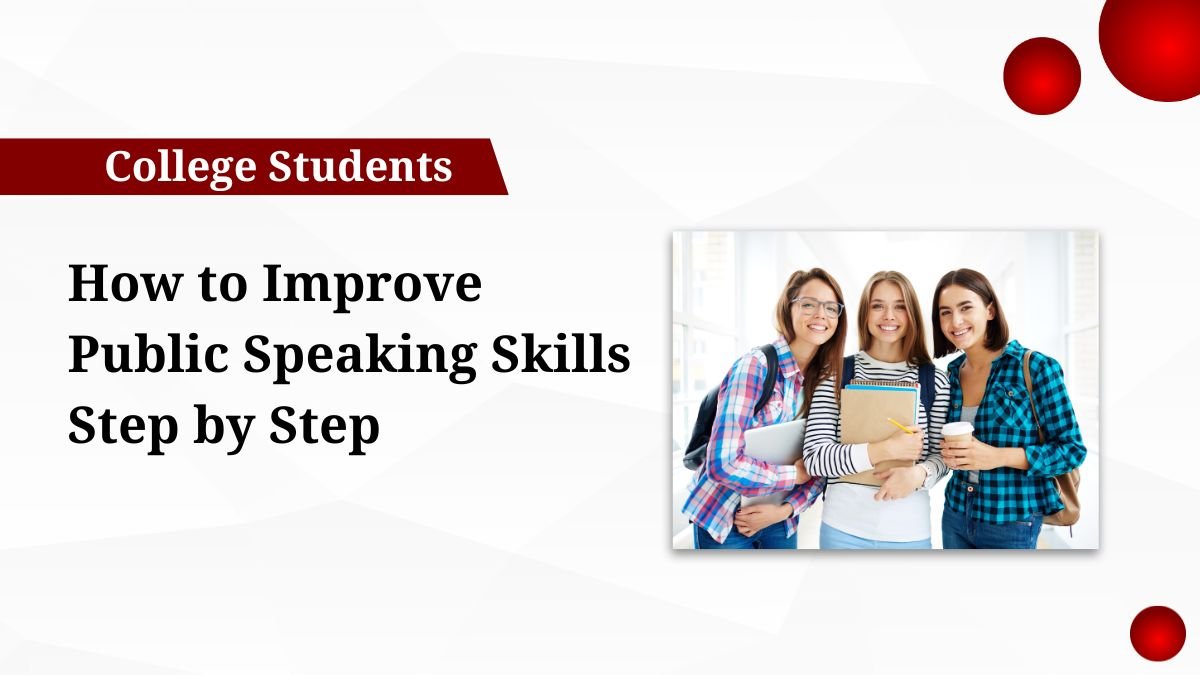The first year of law school is a challenging and exciting journey for every student. It is an exciting journey, but it is also a little scary. You are entering a world where the language, the way of thinking, the style of study—everything is new. In the first year itself, students have to read long cases, face the professor’s incisive questions in class, and learn to “think like a law student.”
To deal with this change, it is important to build a strong foundation. And some great books help in this. Books that not only sharpen your thinking skills but also help you become a smarter law student.
Getting to Maybe: How to Excel on Law School Exams – by Richard Michael Fischl and Jeremy Paul
If you’re only going to read one book in your first semester, this should be it.
Why is it important?
Law school exams are different from normal exams. Memorizing is not enough. Instead, you need to think logically and analytically. This book explains how to analyze questions like “Imagine what if?” by thinking on both sides of every question.
What will you learn?
- How to make a law school exam
- How to think like a lawyer
- Provide strong arguments on both sides of any legal issue
1L of a Ride: A Well-Traveled Professor’s Roadmap to Success in the First Year of Law School – by Andrew J. McClurg
Why is it important?
This book is an honest and fun look at the first year of law school. The author has combined his own stories and interviews with students to create a very useful guide.
What will you learn?
- How to prepare for class, how to deal with “cold calls”
- What to expect mentally and emotionally
- Time management, note taking, and understanding case abstracts
The Legal Analyst: A Toolkit for Thinking About the Law – by Ward Farnsworth
Why is it important?
Understanding the tools needed to understand legal thinking is a must. This book explains key concepts in law such as game theory, rules vs. standards, and other analytical methods in plain language.
What will you learn?
- Logical and practical legal thinking
- Strategic thinking like lawyers and judges
- Doing legal analysis beyond the casebook
Plain English for Lawyers – by Richard C. Wydick
Why is it important?
Clear and simple writing is one of a lawyer’s most important strengths. This book explains how you can write in simple and understandable language without using heavy words.
What will you learn?
- How to improve legal memos and essays
- How to avoid common writing mistakes
- Develop a clear and effective writing style
Law School Confidential – by Robert H. Miller
Why is it important?
This book covers the entire law school journey—from orientation to first internship. It also shares experiences of students from top law schools in the US.
What will you learn?
- How to deal with orientation, what is the Socratic method
- How to prepare for exams
- A first look at networking and career planning
Thinking Like a Lawyer: A New Introduction to Legal Reasoning – by Frederick Schauer
Why is it important?
This book delves deep into legal thinking. It is a little theoretical, but strengthens the philosophical understanding of law and legal thinking.
What will you learn?
- Importance of precedents
- Analogical reasoning
- The art of interpreting and reasoning law
Casebooks for Core Subjects
During the first year, casebooks are the thick books given for the core subjects of law school. These are used in depth throughout the semester.
Core Subjects:
- Contracts
- Torts
- Civil Procedure
- Criminal Law
- Property
- Legal Research and Writing
Tips:
- Buy the same edition that your professor has
- Learn how to do case briefings
- Use supplements like “Examples & Explanations” as well
Examples & Explanations Series – Various Authors
Why is it important?
This series explains every topic with easy examples and clear solutions. It is very popular among students.
What is covered:
- Contracts
- Torts
- Civil Procedure
- Criminal Law
- Property
- Constitutional Law
What will you get:
- Can relate the things learned in class to real cases
- Exam preparation will be better
- Complex subjects will seem easy
A Civil Action – by Jonathan Harr
Why is it important?
This is a legal thriller based on a true story in which a case related to environmental pollution is told. This book shows how the law works in the real world.
What will you learn?
- To see the real civil process
- To understand the human side of legal battles
- To get inspired by an interesting story
The Bramble Bush – by Karl N. Llewellyn
Why is it important?
This book was published in the 1930s, but is still as relevant today. It makes studying law and understanding case law easier.
What will you learn?
- The art of reading case law for the right purpose
- Law Appreciate the method and philosophy of the
- Understanding the thinking of American legal education
Bonus: Study tools and supplements
Audio books and podcasts:
- Law School Toolbox Podcast
- The Legal Level Podcast
Useful apps:
- Quimbee (case briefs and video lessons)
- BarBri 1L Mastery (short lectures and outlines)
- Evernote / Notion (for making notes and outlines)
How to use these books?
- Don’t try to read everything at once: Start with 1-2 books before the semester begins. For example, Getting to Maybe or 1L of a Ride.
- Understand the purpose of study: It is important not only to read, but also to understand the “why” behind the law.
- Use subject-specific guides: Use supplements like “Examples & Explanations” along with class notes.
- Practice writing: Improve your writing from the start with a book like Plain English for Lawyers.
Final Words
Your 1L year of law school can completely change how you think, write, and reason. These books will help you not only cope with this change more easily, but also build a strong foundation. Success is not just about memorizing law, but how you think, reason, and write clearly. These books can be your best companions on this journey.
You can do either post-semester preparation or mid-semester catch-up: just ensure you set aside time to read these books. They will carry you beyond law school and will play a role throughout your legal career.






